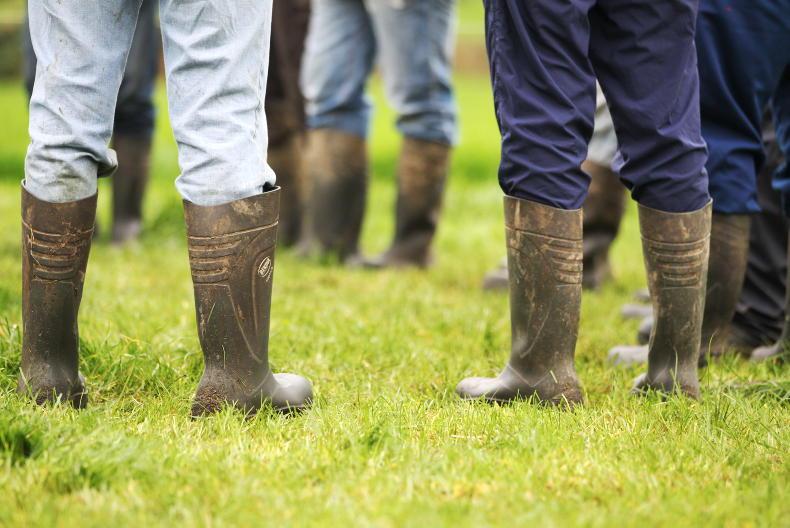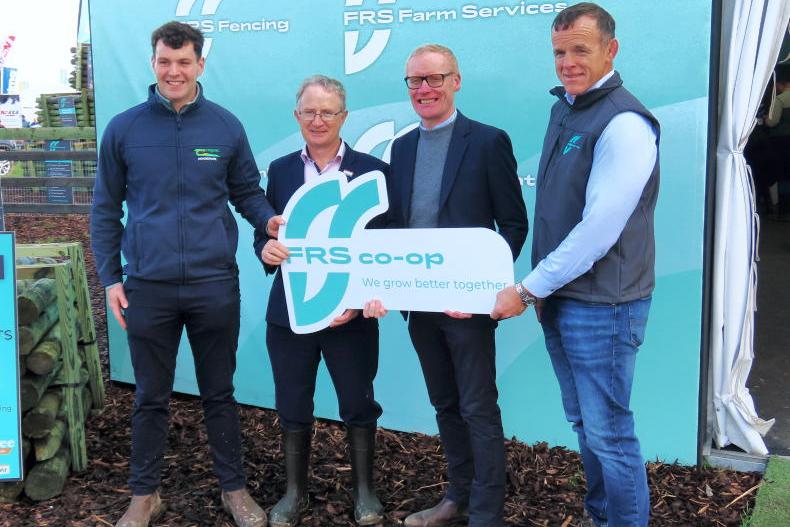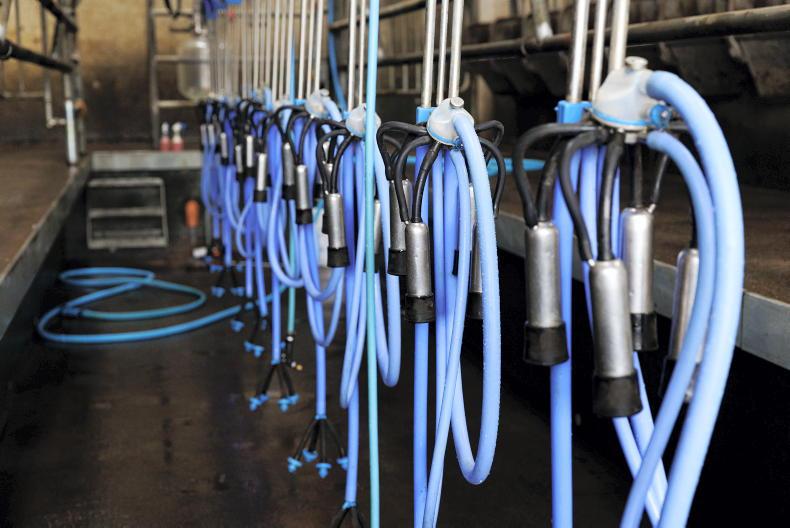Two-thirds of farmers are finding it difficult to secure sufficient farm labour, according to Farm Relief Services (FRS).
Moreover, a higher 75% of farmers say they are struggling to find labour with the skills they require for their farms.
The stark labour shortage figures, analysed from an FRS farmer survey, comes as the service warns that there will be farm labour challenges in 2023 on the back of limited work permits.
FRS says the country’s full employment and rising costs are also reducing the supply of farm labourers on the ground.
FRS commissioned independent market research company Opinions to survey 252 farms all over the country between July and October 2022.
Farmer pressure
The survey found that 60% of farmers have a poor work-life balance due to long hours, while one in three would not recommend the farming lifestyle to family or friends.
Some 80% of farmers surveyed said they also believe environmental pressures or the so called ‘green agenda’ will have a negative impact on the viability of their farms.

Seventy-five percent of farmers say they are struggling to find labour with the skills they require for their farms.
Six out of 10 of those included in the analysis require more external labour on farms to address emissions targets, while 55% expect they will require knowledge supports to do so.
Priorities
A total of 97% of farmers agreed that leaving their farm in safe hands when they were not there was a priority, while 91% cited access to peak time (spring or summer) labour support was of upmost concern.
Some 90% of those surveyed want access to qualified or vetted labour and 83% are looking for farm labour with “improved expertise” in farm sustainability.
Half of farmers said they were willing to provide increased premiums or higher hourly rates to secure this consistent, qualified labour.
In the last year, the most common external farm labour needs were hoof care (70%), machinery work (69%), milking (68%), cow pregnancy scanning (65%), AI (53%) and freeze branding (53%).
Outlook
FRS network CEO Colin Donnery said: “This is the first time a survey of this detail on farm labour has been undertaken and these are startling figures.
“To have so many farmers finding the situation so difficult this year should come as an eye opener to anyone who is concerned about the productivity of Irish agriculture and the welfare of the Irish farming community.”
This situation is unlikely to improve in the short term
Donnery warned that “unfortunately, this situation is unlikely to improve in the short term”.
He said the FRS is “forecasting an even more challenging year” for farm labour in 2023.
“The rise to near full employment in the country, coupled with rising costs across the economy, will have serious implications for the market and ultimately will be felt by farms across Ireland.
“This is further exacerbated by the limited number of permits that have been provided for agricultural workers to come to Ireland - only 150 were made available in 2022,” he said.
Minister of State at the Department of Agriculture Martin Heydon has recently met with and written to his counterpart at the Department of Enterprise, Minister of State Damien English to outline the case for additional work permits for the dairy sector.
Read more
Push for 500 additional work permits for dairy sector
Two-thirds of farmers are finding it difficult to secure sufficient farm labour, according to Farm Relief Services (FRS).
Moreover, a higher 75% of farmers say they are struggling to find labour with the skills they require for their farms.
The stark labour shortage figures, analysed from an FRS farmer survey, comes as the service warns that there will be farm labour challenges in 2023 on the back of limited work permits.
FRS says the country’s full employment and rising costs are also reducing the supply of farm labourers on the ground.
FRS commissioned independent market research company Opinions to survey 252 farms all over the country between July and October 2022.
Farmer pressure
The survey found that 60% of farmers have a poor work-life balance due to long hours, while one in three would not recommend the farming lifestyle to family or friends.
Some 80% of farmers surveyed said they also believe environmental pressures or the so called ‘green agenda’ will have a negative impact on the viability of their farms.

Seventy-five percent of farmers say they are struggling to find labour with the skills they require for their farms.
Six out of 10 of those included in the analysis require more external labour on farms to address emissions targets, while 55% expect they will require knowledge supports to do so.
Priorities
A total of 97% of farmers agreed that leaving their farm in safe hands when they were not there was a priority, while 91% cited access to peak time (spring or summer) labour support was of upmost concern.
Some 90% of those surveyed want access to qualified or vetted labour and 83% are looking for farm labour with “improved expertise” in farm sustainability.
Half of farmers said they were willing to provide increased premiums or higher hourly rates to secure this consistent, qualified labour.
In the last year, the most common external farm labour needs were hoof care (70%), machinery work (69%), milking (68%), cow pregnancy scanning (65%), AI (53%) and freeze branding (53%).
Outlook
FRS network CEO Colin Donnery said: “This is the first time a survey of this detail on farm labour has been undertaken and these are startling figures.
“To have so many farmers finding the situation so difficult this year should come as an eye opener to anyone who is concerned about the productivity of Irish agriculture and the welfare of the Irish farming community.”
This situation is unlikely to improve in the short term
Donnery warned that “unfortunately, this situation is unlikely to improve in the short term”.
He said the FRS is “forecasting an even more challenging year” for farm labour in 2023.
“The rise to near full employment in the country, coupled with rising costs across the economy, will have serious implications for the market and ultimately will be felt by farms across Ireland.
“This is further exacerbated by the limited number of permits that have been provided for agricultural workers to come to Ireland - only 150 were made available in 2022,” he said.
Minister of State at the Department of Agriculture Martin Heydon has recently met with and written to his counterpart at the Department of Enterprise, Minister of State Damien English to outline the case for additional work permits for the dairy sector.
Read more
Push for 500 additional work permits for dairy sector










SHARING OPTIONS